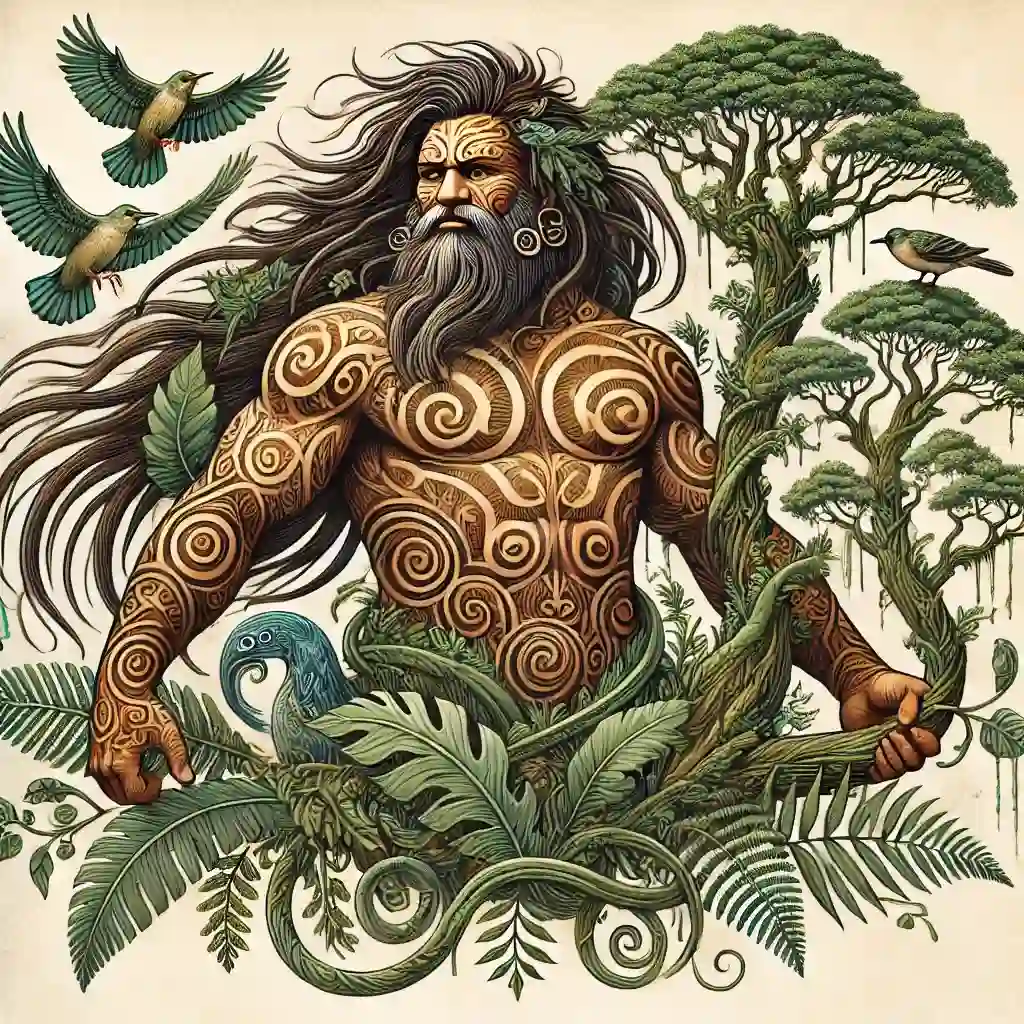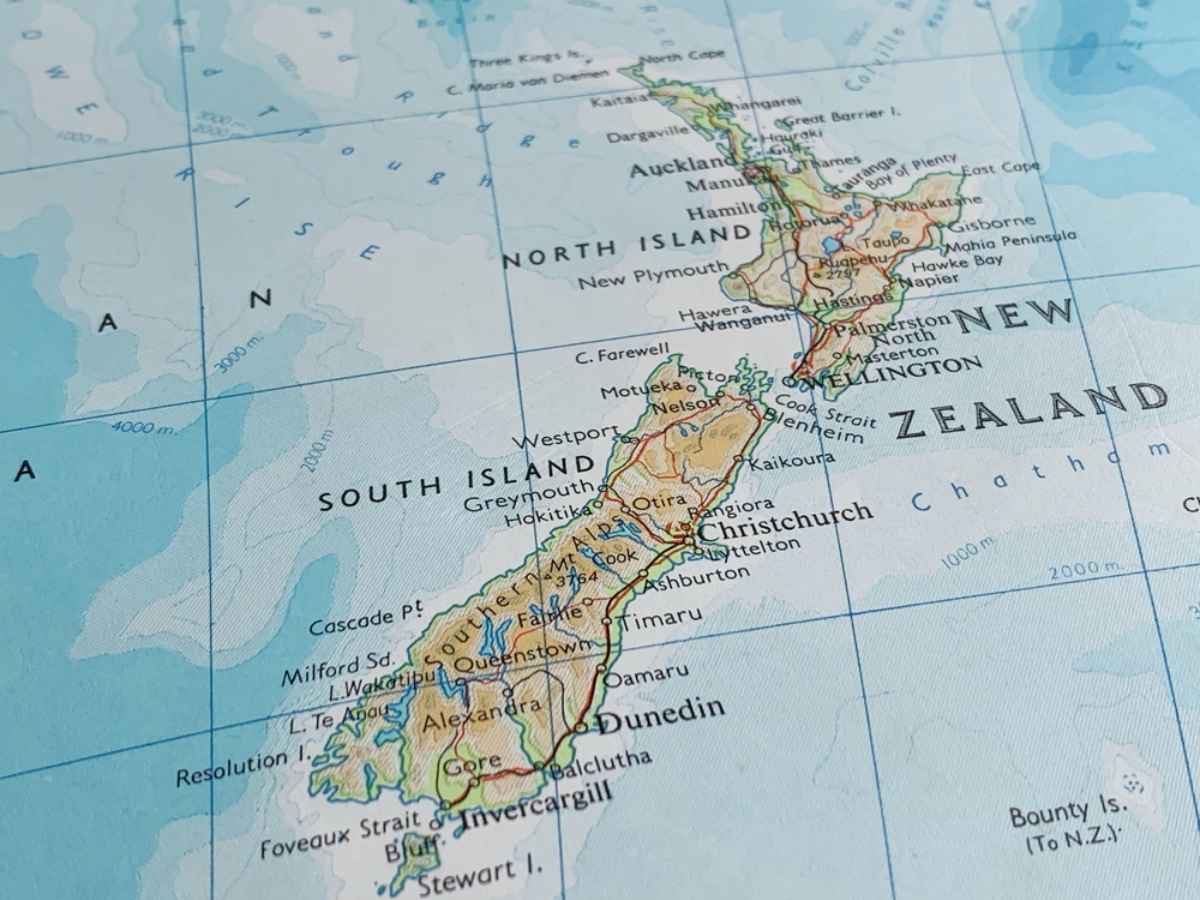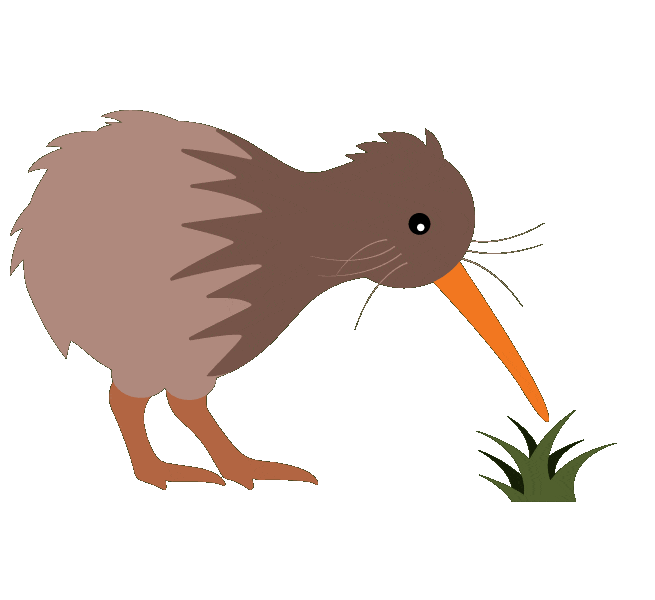In the rich tapestry of Māori mythology, Tāne Mahuta stands as a central figure, embodying the essence of forests and all their inhabitants. As the god of the forest, he is revered for his profound connection to nature and his pivotal role in the creation and sustenance of life.
Who is Tāne Mahuta?
Tāne Mahuta is the Māori god of the forest and all creatures within it, particularly birds. Revered in Māori mythology, he is also known by names such as Tāne and Tāne-nui-a-Rangi.
Tāne Mahuta, often simply called Tāne, is a prominent deity in Māori culture, celebrated as the god of forests and birds. He is the son of Ranginui (the sky father) and Papatūānuku (the earth mother), who, in their close embrace, enveloped their children in darkness. Seeking light and space, Tāne proposed separating his parents, an act that brought light into the world and allowed the forests to flourish.

Tāne Mahuta in Māori Culture
In Māori culture, Tāne Mahuta holds immense importance, symbolizing strength, leadership, and action. He is revered as the protector of the natural world, particularly the forests and birds. His character embodies a balance of power and compassion, making him a central figure in Māori spiritual beliefs.
Tāne Mahuta’s role extends to providing guidance, ensuring the sustainability of nature, and maintaining harmony within the environment, emphasizing his spiritual connection with all life.
The Creation of Humanity
Tāne Mahuta’s significance stretches beyond his role as the god of the forest. According to Māori mythology, he created the first woman, Hineahuone, from the earth’s clay. From their union, they had a daughter, Hinetītama.
Upon learning of her parents' true identities, she fled to the underworld, where she transformed into Hine-nui-te-pō, the goddess of death. This myth explores the cycle of life, death, and rebirth, with Tāne Mahuta playing a pivotal role in humanity's origins.
The Three Baskets of Knowledge
Tāne Mahuta’s association with wisdom is seen in the legend of the Three Baskets of Knowledge. These baskets, representing different types of knowledge—spiritual, intellectual, and creative—were obtained by Tāne Mahuta from the heavens. By retrieving these sacred treasures, he brought essential knowledge to humanity.
This act ensured the survival and growth of the Māori people, imparting wisdom about the natural world, customs, and the arts, thus reinforcing his critical role as a teacher and protector.
Visiting Tāne Mahuta Tree
For travelers interested in experiencing the legacy of Tāne Mahuta, a visit to the Waipoua Forest in Northland, New Zealand, is highly recommended. This ancient forest is home to some of the largest kauri trees, including Tāne Mahuta, the largest known living kauri tree. Standing at approximately 51.5 meters tall with a girth of 4.5 meters, it is estimated to be between 1,250 and 2,500 years old.

Tāne Mahuta, Māori Culture and more!
To fully immerse yourself in the diverse landscapes and cultural experiences New Zealand has to offer, consider renting a caravan. This mode of travel allows for flexibility and comfort, enabling you to explore both well-known and hidden gems at your own pace. For reliable and well-equipped caravan rentals, Campervan New Zealand offers a range of options to suit your travel needs.
Tāne Mahuta's influence permeates various aspects of Māori culture, from creation myths to the reverence of nature. His legacy continues to inspire and guide those who seek to understand and appreciate the deep connections between the Māori people and the natural world.



 By
By









